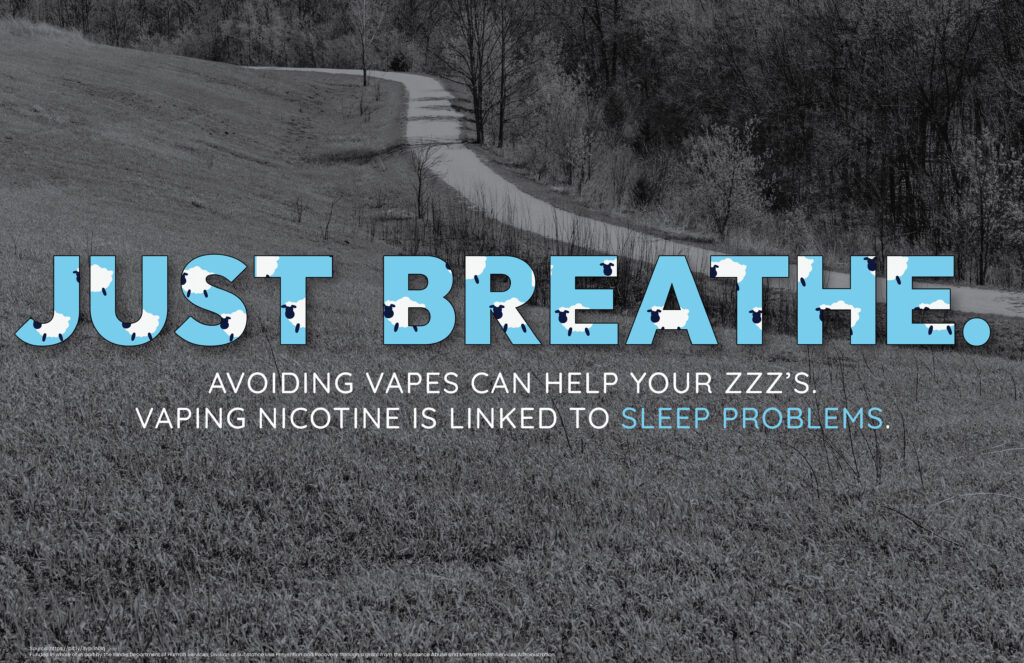PARENT POST
The Power of Choice – Middle School Edition
February 2025, Issue 3

How to Establish Alcohol-Use Rules (And Have Them Followed)
Middle school is an infamously difficult time – and not just for students. Parenting a middle schooler can be quite the challenge. Sometimes it feels like your words go entirely unheard, or if they do listen, they want to do exactly the opposite of what you say. So, what can you do to make sure your kids not only listen when you talk about underage drinking, but also follow your family’s rules about alcohol use? Keep reading to learn about how you can establish and talk about rules with your student so that they understand and listen to them.
How do I establish no-alcohol-use rules?
It’s important to discuss your family’s rules surrounding alcohol use with your child. To avoid confusion, take the time to thoroughly explain your opinions and expectations surrounding alcohol. While it’s necessary to be firm in your stance that your child shouldn’t drink, be clear that this rule isn’t about “asserting your power” or restricting your child’s personal freedom – it’s about keeping them safe. Studies have shown that parenting styles that focus on restricting freedoms and emphasizing obedience fail to support children’s need for autonomy, causing them to potentially turn to alcohol and other risky behaviors to regain control. Instead, show your child that you are coming from a place of kindness and are interested in hearing their side, too.
How do I choose the consequences?
During these conversations, it can be helpful to try to include your student in establishing the specific consequences for breaking your family’s rule to not drink underage. Framing the consequences as a discussion rather than a lecture can help build mutual respect, understanding, and give your child a necessary sense of autonomy. In fact, research supports that parents who are open to negotiating rather than demanding obedience have psychologically healthier children. After laying out the consequences that are right for your family, be consistent with asserting and enforcing them.
How do I effectively look out for alcohol use?
Monitoring for alcohol use is a very important part of preventing underage drinking, but it only works if another component comes with it: warmth. Parental warmth refers to how loving, caring, and involved parents are in their children’s lives. Research shows that parenting styles focused on monitoring with no or low warmth may actually increase the likelihood of youth using alcohol and other substances. On the other hand, parenting styles that focus on creating structure in a warm and autonomy-supporting way were shown to be effective in preventing underage use. Effective monitoring focuses on building trust with your child and cultivating an environment where your child is comfortable voluntarily sharing where they are going and what they are up to. You are looking out for your child because you love and care about them, and you can reflect those feelings in the way that you monitor for use.
Prevention at Your Child’s School
Check out the latest Power of Choice Middle School vaping campaign poster! Students will see these posted, along with newsletters, throughout their hallways, reminding them that their health matters. Each sign provides facts and information on the potentially harmful effects that vaping can have on their growing bodies.
You can view the materials on our website here.

Additional Resources
Connect with Power of Choice!
Becca Anderson
Power of Choice Middle School Coordinator
randerson@360youthservices.org
Funded in part by the Illinois Department of Human Services, Division of Substance Use Prevention and Recovery through a grant from the Substance Abuse and Mental Health Service Administration.


